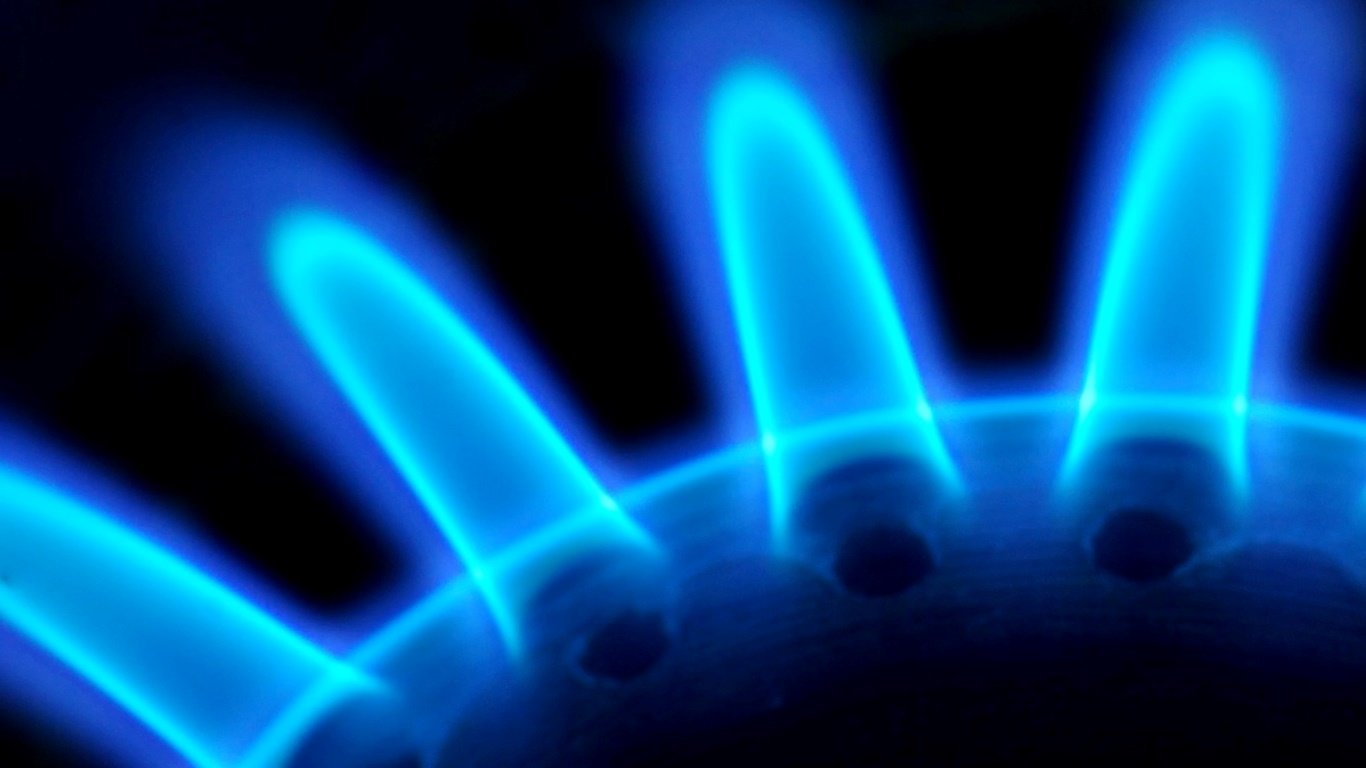Infrastructure
Actually, This Utility Dividend Is Safe and Should Even Keep Growing

Published:

During the worst of the stock market panic in March, something very unusual and unprecedented happened in the markets. Concerns were growing in the investment community that even the dividends for utilities might not be safe. This would represent a gut punch to defensive investors and would have ended a decade of trust that the investment community had built up to allow such high valuations.
Public Service Enterprise Group Inc. (NYSE: PEG) briefly traded at $60 around the same time the Dow Jones industrials and S&P 500 peaked in February, but during the selling panic, its shares fell under $40 for multiple days. Its $0.49 per share quarterly dividend was paid out in early March, but investors were worried. After all, there were widespread reports from U.S. electric, gas and water utilities that customers in financial trouble would not have to fear being cut-off if they could not pay. With more than 10% of the workforce getting fired or furloughed in the past month, you can see where this would be a huge concern. Then add on that the business community was shut down at the retail, factory and office level.
A fresh research report from Argus signals that the dividend from Public Service Enterprise Group (PSEG) is safe. In fact, it even still calls for dividend growth ahead. Argus is an independent research firm, so its research reports never have the potential conflict of interest that can be the case for firms that conduct underwriting and investment banking.
Argus reiterated its Buy rating and has a $75 price target. That is only 17.4% higher than the recent high for PSEG, but it represents a sharp 44% upside from the current $52 share price. PSEG’s $1.96 annualized dividend comes with a 3.77% yield, based on the current share price, and that is just above a 3.65% yield that would be the median of S&P 500 utilities.
The company’s growing network of transmission assets and strong infrastructure buildout program make the company attractive to investors. Argus also sees PSEG as having a well-managed gas distribution segment, and the report was favorable about the company’s increased spending on electric transmission and gas pipeline projects.
According to Gary Hovis, the analyst at Argus making the call, investors should expect that the dividend is safe and should even continue to grow in the coming years. His report said:
We expect above-average growth in the company’s rate base from these infrastructure investments, as well as higher profitability in its nonregulated operations. In addition, we continue to project annual dividend growth of 4% to 5% over the next several years. The shares currently offer a solid dividend yield of about 3.9%.
The report further said:
The company should continue to benefit from strong cost controls, solid cash flow from operations, a strong management team and what we view as a favorable regulatory environment at both the state and federal levels. Our positive view also reflects the company’s efficiently operated nuclear generation units, focus on balance sheet improvement, and, prior to the coronavirus emergency, expanding economic activity in its service area. We believe that the company’s core business strategy complements its well-balanced energy asset portfolio, and that its regulated electric and gas business is well positioned for moderate growth beyond 2019.
PSEG has investment grade bond ratings. Moody’s currently has a Baa1 rating and stable outlook, while S&P has a BBB+ rating and stable outlook. Argus noted that PSEG remains focused on balance sheet improvement, growth in cash flow and strong cost controls, even though its long-term debt rose to $15.1 billion at the end of 2019 from $14.4 billion a year earlier. Still, the higher debt load actually is coming with a lower debt servicing cost due to PSEG’s refinancing activity and due to lower interest rates. Argus also pointed to PSEG’s relatively low total debt/capital ratio of 47% at the end of 2019 as well below the 56% sector average. The report said:
EBITDA covered interest expense by a factor of 6.3, below the industry average of 6.7. The 2019 profit margin was 21.9%, compared to 20.5% in 2018. Operating cash flow was $3.38 billion in 2019, up from $2.92 billion a year earlier.
Additional data on the strength of PSEG’s dividend was included. Argus noted that increasing shareholder value remains a priority for PSEG, with an uninterrupted dividend payment history all the way back to 1907. The Argus dividend estimate is $1.96 per share for 2020, but it sees the dividend rising to $2.04 per common share in 2021. Thereafter, Argus sees PSEG’s dividend rising by close to 4% annually over the next three to four years.
Back on February 26, when the COVID-19 pandemic was only starting to become a wrecking ball to the U.S. economy, PSEG offered operating earnings guidance of $3.30 to $3.50 per share. On February 18, PSEG raised its dividend payout by just over 4%, representing PSEG’s 16th dividend increase in the past 17 years.
24/7 Wall St. is tracking the safety of dividends due to such strong concerns having many of the strongest dividends have been under a microscope.
New Jersey-based Public Service Enterprise Group was trading at $52, in a 52-week range of $34.75 to $63.88. Its Refinitiv consensus analyst price target was $59.14 on last look.
Finding a qualified financial advisor doesn’t have to be hard. SmartAsset’s free tool matches you with up to 3 fiduciary financial advisors in your area in 5 minutes. Each advisor has been vetted by SmartAsset and is held to a fiduciary standard to act in your best interests. If you’re ready to be matched with local advisors that can help you achieve your financial goals, get started now.
Thank you for reading! Have some feedback for us?
Contact the 24/7 Wall St. editorial team.